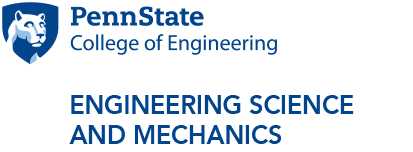Of Cows and Men: The Past, the Present, and the Future of Human Consumption of Milk
Abstract:
Humans domesticated cattle approximately 11,000 years ago in multiple regions of the world independently. Consuming cow’s milk began shortly thereafter and has since played a significant role in human migration, nutrition, and survival. In this presentation, we will explore the history of cattle domestication, the evolution of lactase persistence, the development of the dairy industry, and its relevance in the modern world. Furthermore, we will delve into the future of milk in an overpopulated world, including, automation, plant-based milk alternatives, and the potential of synthetic lab-grown milk.
Bio:
Udaya DeSilva is a Professor of Animal Molecular Genetics at Oklahoma State University. He received his BVSc. degree in veterinary medicine from the University of Peradeniya in Sri Lanka and was a practicing large-animal veterinarian in rural Sri Lanka for four years before returning to graduate school. He subsequently received a MS degree in animal genetics from Kansas State University and a PhD in human molecular genetics from Washington University in St. Louis. After graduation, he worked for the Commonwealth Scientific and Industrial Research Organization (CSIRO) in Australia studying functional genomics of wool production before joining the Department of Animal and Food Sciences at Oklahoma State University in 2001. He also holds an affiliate position with the Department of Biochemistry and Molecular Biology.
DeSilva’s research interests are in functional– and meta-genomics of domestic animals. Some of his current and recent research projects include, studying the uterine microbiome and virome of domestic animals, animal response to drought, especially looking at host and microbial genomes (why some animals perform well under restricted availability of water and others do not), Prevalence of antibiotic resistance in soils that are treated with animal manure, and functional genomics of adipogenesis (the biological basis of fat deposition in different tissues).
Event Contact: Lana Fulton



